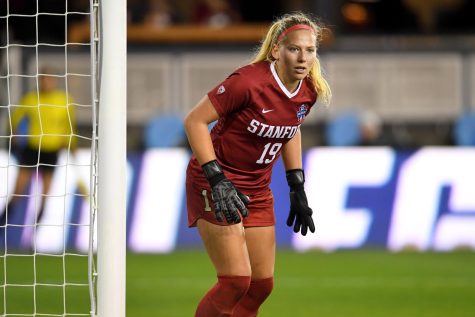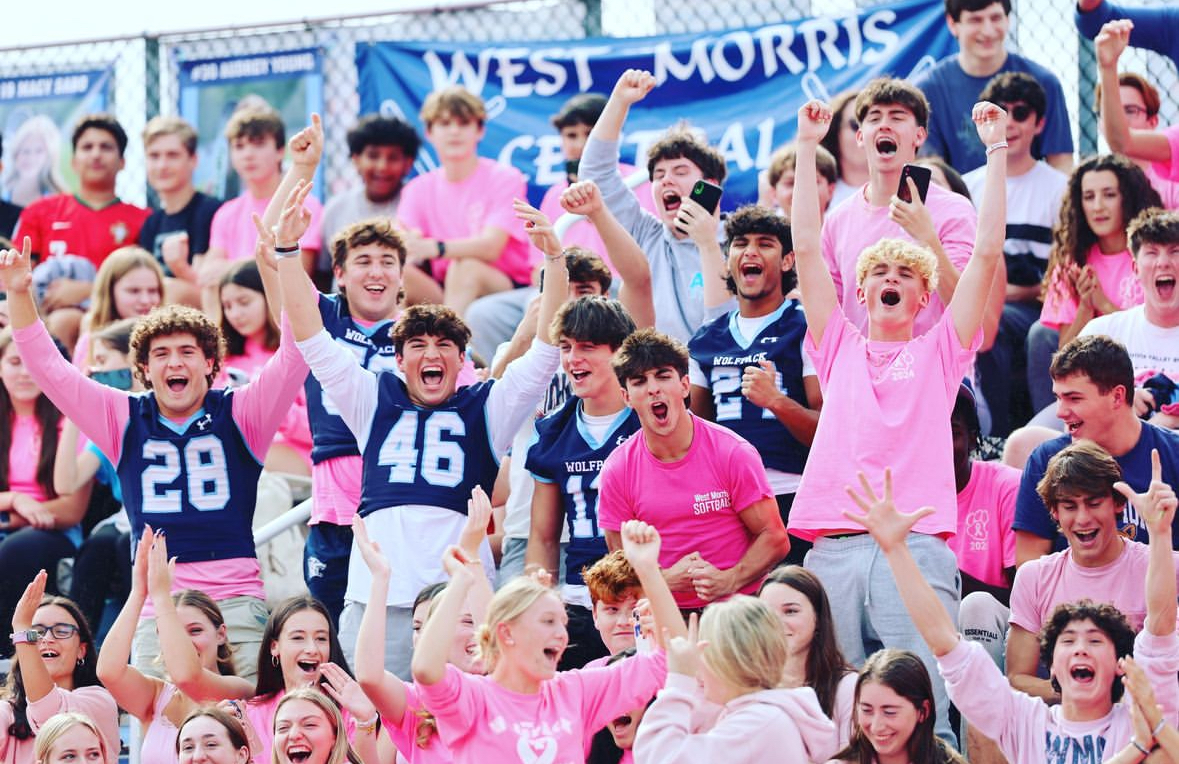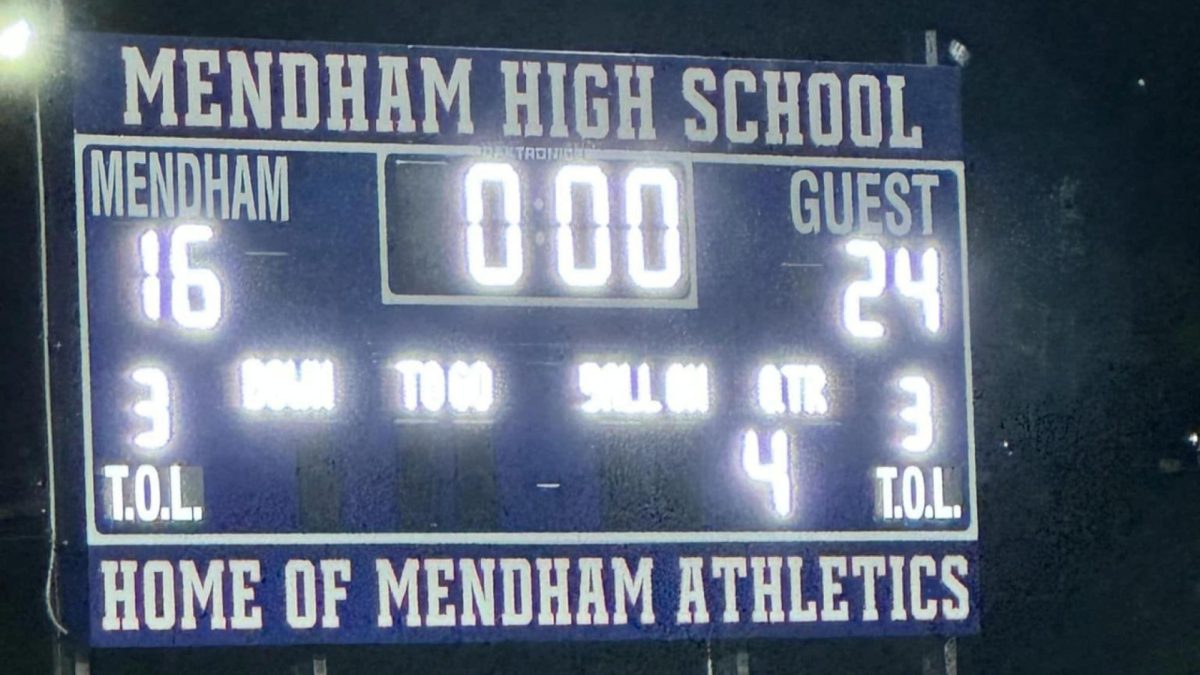The Issue With Sports
In fewer than seven weeks there have been three student athlete deaths by suicide. According to the American College of Sports Medicine, 30% of female athletes and 25% of male athletes at the collegiate level experience anxiety. A 2015 study concluded that from 2003-2012 out of a group of 477 athletes there were 35 cases of suicide. These numbers are unacceptable and something needs to change. In the culture of sports, it’s all about the grind, it’s about hard work, it’s about pushing your limits, it’s about playing until you physically can’t anymore and when you don’t it’s a weakness. In the culture of sports, mental illness is a weakness and the last thing any athlete wants is to feel weak.
These issues of anxiety, pressure and depression in athletes are beginning younger and younger. Youth sports games seem to be like the World Series or the Superbowl because of reactions by coaches, parents and spectators. Professional sports used to be the only level of sports with this kind of pressure which is understandable because a wide receiver in the NFL gets paid millions of dollars to catch the ball; but an eight year old playing baseball should not hear groans from parents in the outfield after he strikes out. When a young athlete sees that reaction from people it creates a need to be perfect. Youth athletes don’t want to be less than perfect so they do everything they can to play perfectly. Yet it is impossible to be perfect. Things will not always go as planned, in softball you will strike out, in basketball you will miss a lay up, in lacrosse you will make a bad pass. But as athletes anything less than perfection is unacceptable because that is how people have made them feel.
I have been playing sports for my whole life. I remember being eight years old going to a game feeling sick to my stomach because I was so nervous about how I would play. I remember being 13 years old going from a middle school practice to club practice so nervous that because I was tired I would make more mistakes and then my coaches would get mad at me. I remember being 16 in the locker room with my team before a game where everyone else was dancing and excited while I held back tears because I was so nervous about my performance. And that feeling doesn’t just stop once the game begins. If anything, it intensifies. To start I was already nervous about your performance and now I made a bad pass. To me and many other athletes that is the worst feeling in the world. What is my coach going to think? They are just gonna take me out of the game now, I’ll get benched over one bad pass. My teammates are upset with me. Victoria Garrick, a former college volleyball player and advocate for collegiate student athlete mental health stated in a TED talk “you have to forget everything that happened in your day because at practice you have to perform. You can’t not perform. There is somebody better than you, competing with you and someone in high school trying to be you.” The burning desire in athletes to be the best and be perfect is so unattainable but until you are on the outside looking in it is so easy to say that. The unattainable nature of perfection leads athletes to feelings of anxiety and depression.
Athletes who play their sport from the time they are a young child till they are in college don’t know who they are besides a soccer player, a softball player, a runner. In a lot of cases athletes tend to hyperfocus on their main sport at a very young age in this culture of club sports and athletes getting recruited earlier and earlier. They miss out on other opportunities to learn new things or develop different skills because their schedule is full of practices for this team and a game for that team and conditioning. They are gone on weekends for tournaments and in season their life is school, sports, homework and sleep.
This hyperfixation can become problematic when athletes careers come to an end or get put on pause from injury. When all an athlete knows of themself is that they are good at the sport they play and the only activity outside of school they do it becomes their identity. When sports begin to become or contribute to an athlete’s mental health issues and it gets to a detrimental point people’s first response is “why don’t you just quit?” For athletes whose sport is their identity the idea of losing what they have always known what they have always placed in who they are is terrifying. They don’t know they are apart from it. As stated earlier no athlete wants to feel weak and for an athlete quitting shows weakness. So most athletes just push through it. They ignore it. They go through the motions of waking up and going to practice where they continue to just go through the motions counting down the minutes till they can leave.


Some might think that an athlete’s success would be beneficial to them and their mental health but if anything it does the opposite. Athletes who are the best while competing at the highest level face pressures like no other athlete. There is an expectation on them to maintain their performance. What you hear internally is “I am a starter, I have friends, I go to a good school, I have a family that loves me. I have no reason to be anxious or depressed.” But those things don’t matter when you are experiencing a mental health issue. Take Lauren Bernett for example, she played softball at James Madison University and committed suicide on April 26, 2022. Bernett was a standout catcher for the Dukes, she played a critical role in the teams success in the 2021 College World Series, and the week before her death she was named Colonial Athletic Association Player of the Week. Katie Meyer, women’s soccer player at Stanford University committed suicide earlier this year. Meyer had been a captain since the 2020 season, she was a key member of their national championship team in2019, and in 2019 she was named to the College Cup All-American team. Both of these women excelled at their sport and in the classroom but that didn’t make their mental health any better. It didn’t make the depression go away. It didn’t make them any less anxious. It didn’t keep them from ending their own lives.
Mental injuries are not treated the same as a physical injury. When your ankle is swollen the trainer can see that, when you have a limp your coach can see that, when you’re on crutches your teammates can see that but when you are fighting a mental injury no one can see it. But I think that suidice is a bigger issue than a sprained ankle yet physical injuries are given much more attention. It is so easy for an athlete to have quick access to physical help and in order to preserve their athletes coaches pay much more attention to their athletes physical health. The same cannot be said when it comes to student athlete mental health.
There is no perfect answer to this issue. The line between pushing athletes to become the best they can be and pushing them to a breaking point is very very fine. There is a difference between hard work and pushing yourself too far. This line will always be difficult to walk but as a greater athletics community there has to be a way to do so that does not put athletes in danger.

Lizzie is a senior and in her third and final year writing for The Paw. Lizzie loves all things sports: watching them, playing them and especially writing...




































